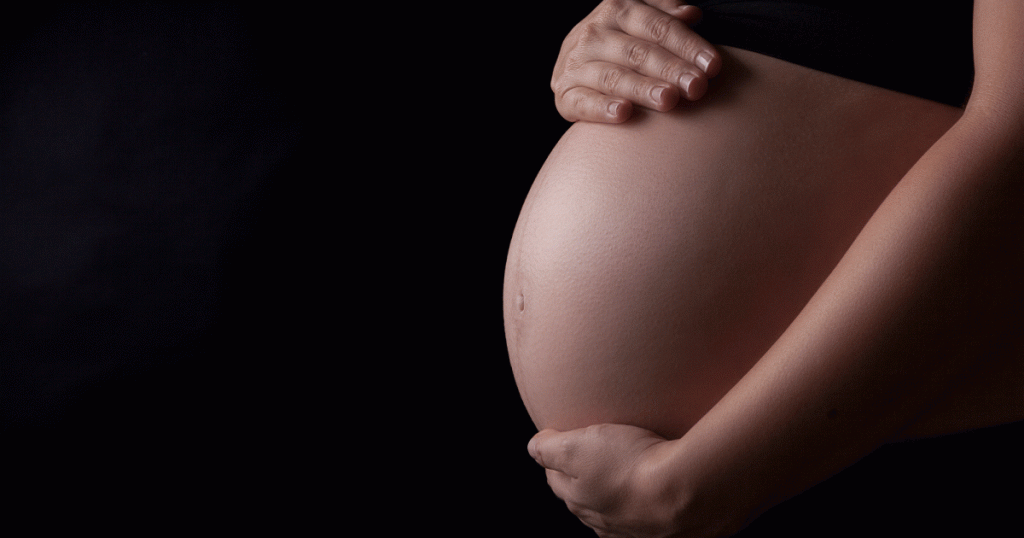Opioid Addiction Among Pregnant Women Has Quadrupled
ozgurdonmaz/Getty
Looking for news you can trust?Subscribe to our free newsletters.
In Vermont, 1 in every 20 pregnant women is addicted to opioids when she gives birth. That’s one of several striking stats from a new report from the Centers for Disease Control and Prevention that finds that opioid addiction among new moms across the United States has quadrupled in 15 years.
In 1999, there were 1.5 cases of opioid use disorder for every 1,000 deliveries; by 2014, that rate had jumped to 6.5. All 28 states with available data reported increasing addiction rates among pregnant moms, with the highest rates in Vermont, West Virginia, and Kentucky.
“These findings illustrate the devastating impact of the opioid epidemic on families across the U.S., including on the very youngest,” said CDC director Robert Redfield in a statement. “Each case represents a mother, a child, and a family in need of continued treatment and support.”
Twenty-four states require health care providers to report suspected prenatal drug use to authorities and 23 states consider substance abuse during pregnancy to be child abuse, according to the Guttmacher Institute. Three consider it grounds for civil commitment. The CDC authors note that punitive approaches “might result in women concealing substance abuse from their providers.”
CDCOpioid use during pregnancy can result in a condition in newborns known as neonatal abstinence syndrome (NAS), which is characterized by high-pitched screaming, feeding difficulties, and hyperactive reflexes. The long-term consequences aren’t well-understood, but research indicates that kids with NAS could have verbal impairments, diminished IQ, and trouble paying attention. The risks of drug use during pregnancy to both mother and fetus are compounded by factors that often come with addiction: lack of food, housing, transportation, and a social support system.
Despite the rapidly increasing rates of NAS and addiction during pregnancy, there are few places for pregnant drug users to turn. The gold standard treatment for addicted pregnant women consists of access to the medications buprenorphine and methadone, which stave off cravings for more potent opioids like heroin. But pregnant women and new moms in recovery also need wrap-around social services, note the CDC authors.
As a pregnant drug user, “You’re not eating a healthy diet because you don’t even have access to that—you’re not even thinking about food,” explained Dr. Hendrée Jones, an obstetrics professor at the University of North Carolina-Chapel Hill and the director of Horizons, a center for pregnant and parenting drug users. “Dehydration and poor nutrition can be associated with poor birth outcomes. It’s all of the life factors—of which prenatal opioid use is one.”
Horizons is one of a handful of centers around the country offering such services under one roof. These kinds of programs are rare in part because of pervasive negative attitudes toward drug-addicted women, said Dr. Stephen Patrick, a neonatologist at Vanderbilt University who studies drugs’ effects on newborns. “It’s very common for people to say, ‘Why would you do this with your baby?’” he said. “I don’t think there’s anyone more stigmatized than a pregnant woman with a substance abuse disorder.”





